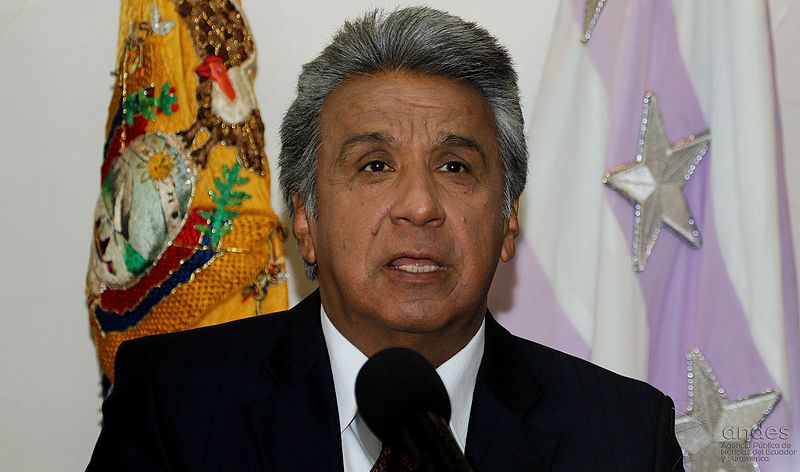Fossil fuel subsidies are generally hated by economists and environmentalists and loved by everyone else.
At the start of the month, Ecuadorian President Lenin Moreno announced that his government would be getting rid of its fuel subsidies (where the government pays part of the price of petrol and disel to make it cheaper). Ecuadorians, who weren’t consulted, generally didn’t take the news well. Many protested, rioted, and looted, causing chaos around the country. Eventually the government gave in. On Monday it said it would continue subsiding fuel after all.
Democratic governments should be accountable to their people. And removing fuel subsidies (especially as abruptly as they did) was likely to cause financial harm to many people. Drivers have to top up their tanks regularly so a big price rise of fuel (the cost of a gallon of diesel doubled overnight) takes a big chunk out of their budget. Plus, lots of people rely on their cars to do things like go to work, take their kids to school, see the doctor or visit relatives. Making it more expensive and therefore harder for people to drive, in other words, could have negative knock-on effects on other parts of the economy.
But there were also reasons for scrapping the fuel subsidies. Ecuador’s government is struggling to pay its bills. Unlike many other governments around the world, it doesn’t have the option to solve this by printing itself more money, because it doesn’t have its own currency (it uses the American dollar). It also struggles to borrow money because previous Ecuadorian governments have defaulted on their debts (so investors don’t trust it to return a loan). Getting rid of fuel subsidies would have saved it $1.4 billion a year. It was also considered a show of financial responsibility by the IMF, which agreed to give it a $10 billion low-interest loan in exchange.
Fuel subsidies were picked out to cut because they’re environmentally damaging (people drive more if it’s cheap) and regressive (they benefit richer people more than poorer ones because you need money to buy and run a car). They were also linked to crime. People would buy cheap fuel in Ecuador and sell it in bordering countries were fuel prices were higher. Or they would sell it to drug-traffickers who use it to make cocaine.
Read our explainer on: what determines how governments spend money.

